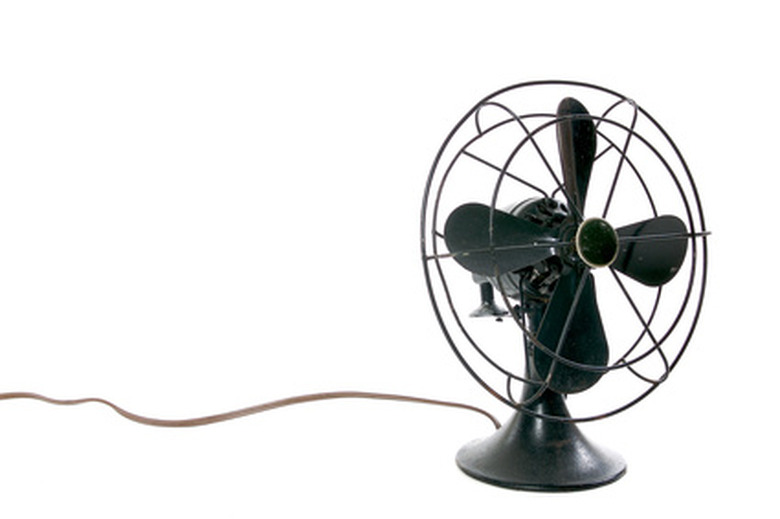Relationship Between Electricity & Magnetism
Magnetism and electricity involve the attraction and repulsion between charged particles and the forces exerted by these charges. The interaction between magnetism and electricity is called electromagnetism. The movement of a magnet can generate electricity. The flow of electricity can generate a magnetic field.
Magnetic Fields and Electric Current
Magnetic Fields and Electric Current
Magnetism causes a compass needle to point north, unless it is in the presence of a different magnetic field. In 1820, Hans Christian Oersted observed that a compass needle did not point north when he held it near an electric current flowing through a wire. After further experimentation, he concluded that the electric current in the wire produced a magnetic field.
Electromagnets
Electromagnets
Electric current flowing through a single loop of wire does not generate a very powerful magnetic field. A coil of wire looped many times makes a stronger magnetic field. Placing an iron bar inside the coil of wire makes an electromagnet which is hundreds of times stronger than the coil alone.
Electric Motors
Electric Motors
When an electric current flows through a loop or coil of wire, placed between the two poles of an electromagnet, the electromagnet exerts a magnetic force on the wire and causes it to rotate. The rotation of the wire starts the motor. As the wire rotates, the electric current changes directions. The continuous change in direction of the current keeps the motor running.
Electromagnetic Radiation
Electromagnetic Radiation
Together, magnetic fields and electric current make waves called electromagnetic radiation. One part of a wave carries a strong electric field, while a magnetic field is in another part of the wave. When an electric current weakens it generates a magnetic field. As the magnetic field weakens it generates an electric field. Visible light, radio waves and X-rays are examples of electromagnetic radiation.
References
- "Holt Science and Technology Physical Science"; Rinehart and Winston Holt; 200
- Windows to the Universe: Electricity and Magnetism
- NASA Atmospheric Science Center: Electricity, Magnetism and Light
Cite This Article
MLA
Mentzer, Alissa Pond. "Relationship Between Electricity & Magnetism" sciencing.com, https://www.sciencing.com/relationship-between-electricity-magnetism-7369988/. 24 April 2017.
APA
Mentzer, Alissa Pond. (2017, April 24). Relationship Between Electricity & Magnetism. sciencing.com. Retrieved from https://www.sciencing.com/relationship-between-electricity-magnetism-7369988/
Chicago
Mentzer, Alissa Pond. Relationship Between Electricity & Magnetism last modified March 24, 2022. https://www.sciencing.com/relationship-between-electricity-magnetism-7369988/
